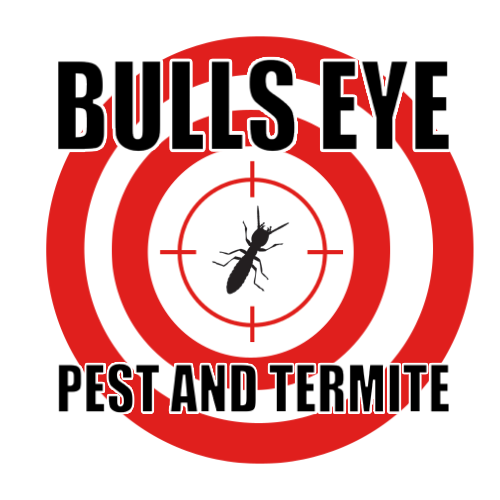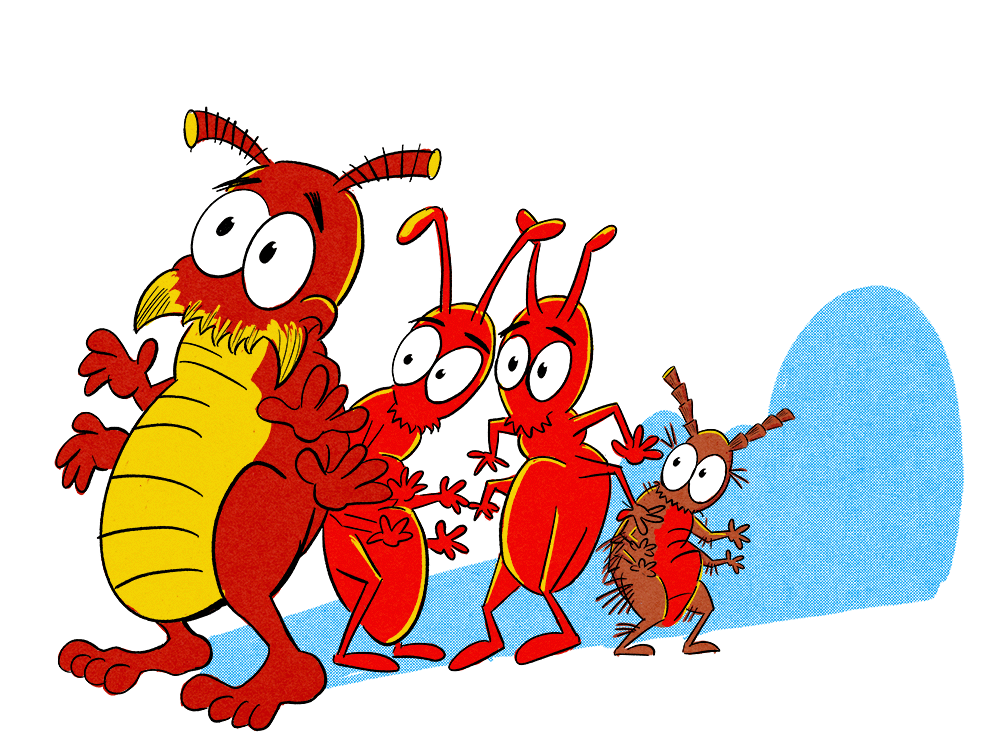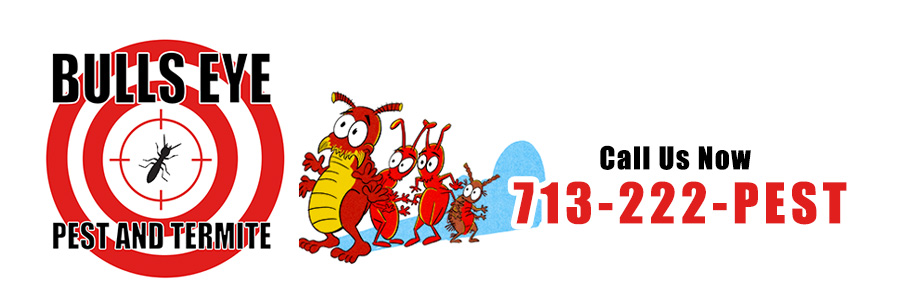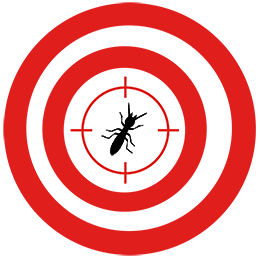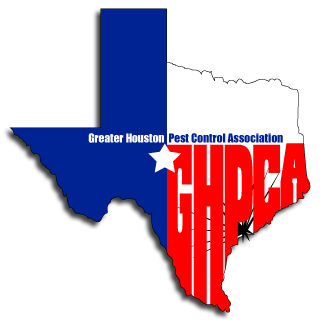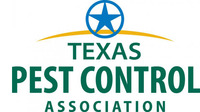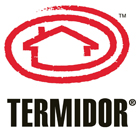Houston Pest Guide: Fleas
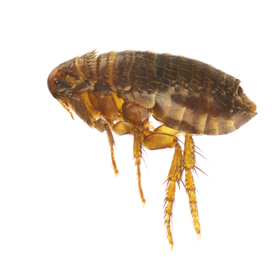
Fleas are a significant pest problem in Houston. Fleas are small, biting, parasitic insects that feed on the blood of other animals. The presence of fleas is often detected from their bites before the fleas themselves are seen.
Flea saliva contains allergens and their bites leave small, red, extremely itchy welts. The fleas themselves are tiny, an adult flea being usually around 1/10th of an inch in length, and so they appear as small, brownish-black specks to the naked eye. Fleas are often only noticeably visible when they appear in large numbers after an infestation has already set in.
A flea infestation is incredibly unpleasant and can be dangerous. Fleas will attack both humans and pets. Not only are their bites highly irritating, but Fleas can drink enough blood to cause lethal anemia in young or small pets. Fleas also carry diseases and parasites that can be harmful to both people and pets.
Fleas are able to leap for distances of over 100 times their own body length, meaning they can move from host to host without any two animals having to come into direct physical contact.
Fleas can breed incredibly quickly, and their eggs can lay dormant for an extended period of time, meaning that it may be months or even years after a female flea has laid her eggs in a home that the infestation is noticed.
Why Are Fleas so Bad in Houston?
Houston's warm climate gives fleas an unusually long window for breeding. Fleas are extremely susceptible to cold weather. Adult fleas will die if exposed to temperatures colder than 40 degrees Fahrenheit. Fleas thrive between temperatures of 65 and 80 degrees, and the average yearly temperature for Houston comes right in at 68 degrees.
Another factor in Houston’s flea problem is Houston has a large stray and wild animal population, which functionally provides fleas with a city-wide bus service, with meals included, across the entire greater Houston region.
Houston being prone to flooding also indirectly contributes to the city’s flea problem. Many homes in the Houston area built raised slightly above the ground, leading a crawlspace beneath the home than can provide shelter for stray or wild animals. If these animals are carrying fleas, this gives fleas the opportunity to get access to the inside of the home through even the smallest of cracks. A single stray cat sleeping for a single night under the porch can result in a large-scale flea infestation for the home.
Flea Control and The Complex Life Cycle of the Flea
Fleas have a complex life cycle that effects how they are controlled as pests. Adult fleas and their bites are usually the only noticeable sign of fleas in a home, but adult fleas only represent about 10% of the total flea population in the infested area. Products that kill adult fleas may leave 90% of the infestation untouched.
There are four distinct stages of the flea life cycle:
1. Eggs
A female flea can lay up to 50 eggs a day and as many as 2,000 eggs during her lifetime. Flea eggs will roll off the host animal and often become lodged in upholstery, bedding, or small cracks and crevices in homes. Flea eggs can lay dormant for up to two years, but normally hatch after about two weeks into flea larvae.
2. Larvae
Flea larvae avoid light and prefer to live in cracks, crevices, bedding, and upholstery. Flea larvae are tiny, worm-like creatures less than a hundredth of an inch long. Flea larvae can feed on almost any organic matter, and will live for weeks in any available crevice until they spin their cocoons and become pupae.
3. Pupae
Pupae is the state of the flea life cycle when fleas are wrapped in their cocoons. Flea cocoons can be hidden in a pet's bedding, in upholstery, or any other dark space that a flea larvae can have access to. Flea pupae can also remain dormant for a long time, until they receive signals that a host is near and the adult fleas crawl out of their cocoons.
4. Adult
Adult fleas are what we recognize as fleas. Adult fleas immediately seek out a host to draw blood from. When an adult flea hatches, its first priority is to seek out a meal. This means jumping on a host and biting it to suck its blood. Once a female flea has fed, she becomes fertile and breeds with an adult male flea, after which she lays her eggs.
Any effective flea control treatment will need to account for all four stages of the flea life cycle. Treatments that kill fleas at one stage of their lifecycle will be ineffective against them in another lifecycle stage. Leaving any one stage untreated would mean an infestation could fully reestablish itself in a matter of weeks.
How Do I Get Rid of Fleas?
The first step in getting rid of fleas is to prevent them from entering your home. Pets are one of the most common vector for bringing fleas into the home. Any time a dog is taken for a walk in warm weather is an opportunity for fleas to be introduced into a home. A veterinarian can recommend a flea treatment for your pet to help control fleas on pets.
If your house is raised above the ground, make sure any crawlspace access is sealed to prevent wild or stray animals sheltering beneath your house. Making sure any access beneath a porch or deck close to the ground is sealed to keep animals out from beneath it can also help.
Regularly vacuuming carpets, rugs, and upholstered furniture can help remove any flea larvae or pupae. Regularly cleaning dust from corners, along of the bases of walls, and under furniture can also reduce the opportunity for fleas to become established.
If you do find yourself with a significant flea infestation, give Bulls Eye a call at 713-222-PEST (7378) . We can provide an effective treatment that’s safe for pets and will be able to eliminate fleas at every stage of their life cycleRequest a Quote
713-222-PEST (7378)
By submitting, you agree to receive occasional text messages or emails for appointment reminders and promotions from Bulls Eye Pest and Termite. To opt-out reply STOP at any time. Msg & Data rates may apply.
What Our Customers Are Saying
The service was very nice and polite.
Shota
Guillermo was very knowledgeable and friendly. Good service
Kenneth
Ruben is super!!! Thanks for for professionalism.
Chris
Ruben is always friendly, on time, and super knowledgeable. Thank you!
Rachel
